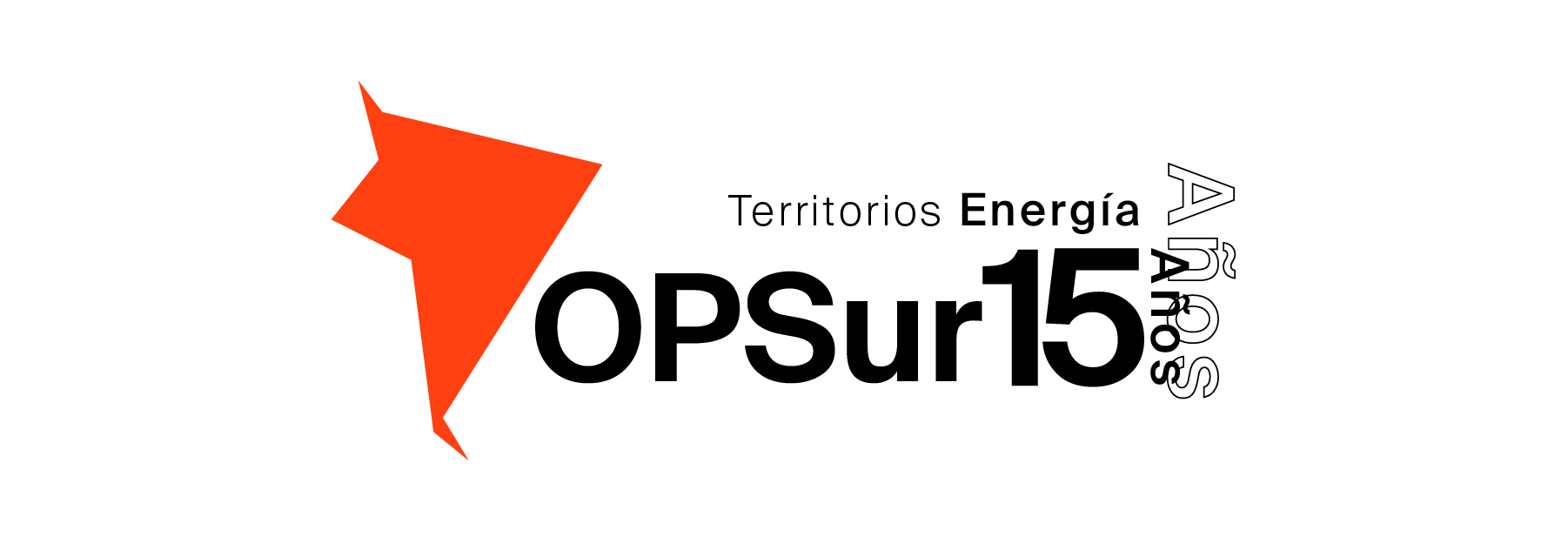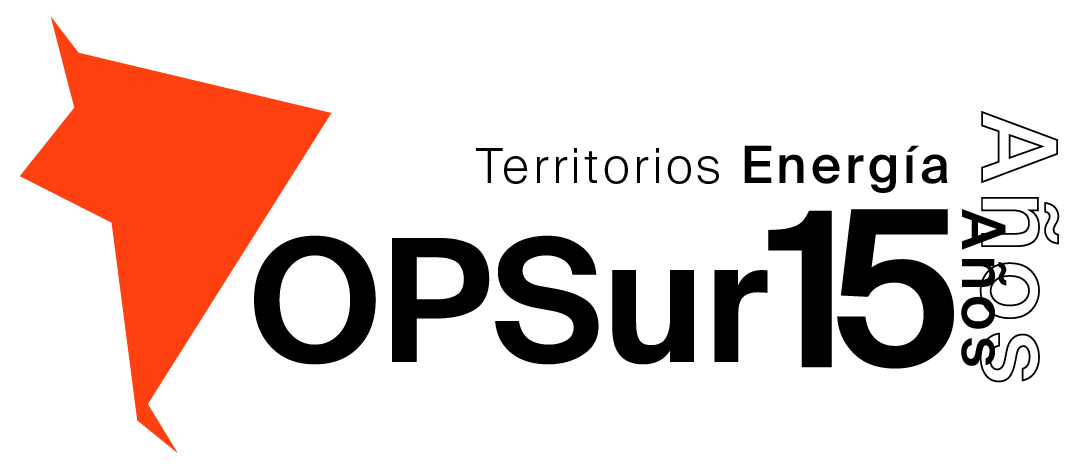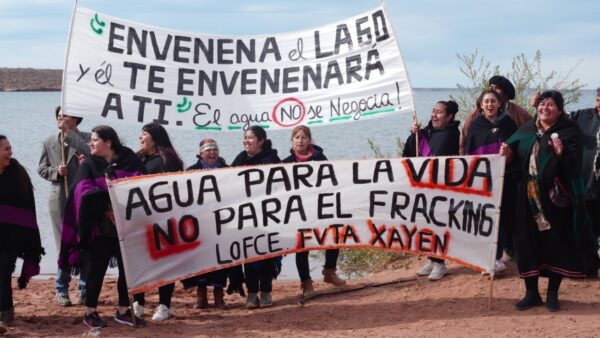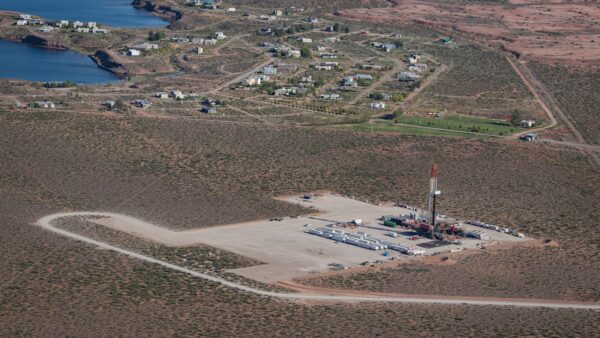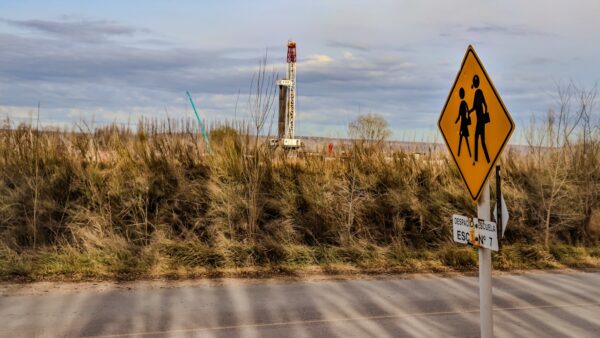First steps towards producing shale gas meet with increasing concern among Bolivian civil society
The momentum is building. Bolivia’s state oil and gas company YPFB announced in early 2013 it would begin studies to identify shale gas deposits, and in November that same year it gave a presentation in Santa Cruz on shale gas and the country’s probable reserves. Also in 2013 it ordered companies to take samples of one particularly promising geological formation, sent a delegation to the Vaca Muerte shale gas deposits in Argentina, and signed an agreement with YPF, Argentina’s state oil and gas company, to “evaluate shale gas potential” in Bolivia’s Chaco region and train Bolivians in shale gas techniques.
That’s to say nothing of the “minifracking” that has already been done at one Bolivian well “with the support of the Halliburton company” and which found tight oil, according to Reporte Energia in June 2013 drawing on “trustworthy sources in the hydrocarbons industry.”
“The possibility that Bolivia will start extra-officially producing unconventional gas is slowly crystallizing,” Jorge Campanini, from Cochabamba-based CEDIB, wrote in a report on fracking in Latin America published in July 2014 by the Observatorio Petrolero Sur. “Extra-officially because there is no law that regulates hydraulic fracturing, but as a result of policy expanding the hydrocarbons frontier it’s possible to begin evaluations/studies – as well as conduct deep exploration – because nothing prohibits it.”
A new hydrocarbons law has been promised, though, and back in 2012 the Vice-Minister for Hydrocarbons Exploration and Exploitation was reported by media saying it would open the way for shale gas operations.
“The hydrocarbons bill is still officially a state secret,” Campanini told the Guardian, “but despite that we have managed to see a presentation which included a slide saying that the exploitation of unconventional gas would be included.”
Some Bolivians are immensely concerned. A collective of organisations and individuals calling itself the “Antifracking Movement in Bolivia” has emerged, and last October the Fundacion Solon in La Paz issued a “Declaration against Fracking in Bolivia”, describing it as a “highly risky and contaminating” technique using huge amounts of water and highly toxic chemicals with devastating health impacts.
“If Bolivia exploits its 48 trillion cubic feet of shale gas, 242 billion litres of water will be contaminated forever and 2.6 billion tonnes of carbon dioxide will be emitted, further contributing to climate change,” the Declaration states.
In December Bolivians Fabrizio Uscamayta and Martin Vilela, from TierrActiva and the Bolivian Platform on Climate Change, travelled to Peru to present the fracking threat to the International Tribunal for the Rights of Nature. They told the Tribunal the Chaco was a “very, very vulnerable” region, that fracking posed serious dangers to rare water sources, and that it would massively increase the country’s carbon emissions.
“There is very little publicly-known about this,” said Uscamayta. “Access to information is very restricted.”
According to Uscamayta, it isn’t clear who would be directly affected by fracking in the Chaco, but the “potential” areas are “on or near territories” belonging to several indigenous peoples: the “Guaranies, Tapiete, Weenhayek and Ayoreos.”
“Indirectly, by contaminating water in the Chaco basin, it would impact three out of the country’s nine departments and easily more than a million people,” he told the Guardian.
Amos Batto, an American from Bolivian grassroots organisation Reaccion Climatica, says interest in fracking goes right to the heart of the government’s ideas about industrialisation, growth and energy independence. Batto told the Guardian that Bolivians’ increasing wealth is largely based on gas revenues, that domestic gas consumption is soaring, that there are plans to build 19 industrial plants, that Bolivia has committed to supply Argentina and Brazil in the future, and yet the country’s gas deposits could run out before 2026. That explains the recent drive to expand its hydrocarbons frontier, including into supposedly “protected natural areas”, and moves to frack.
“What happens if they can’t find enough new reserves?” Batto asks. “That’s where fracking comes in. Fracking is basically plan B. I think of it as permanent destruction, but that’s not how they think about it. They see fracking as another way to industralize.”
Bolivia passed a “Law for the Rights of Mother Earth” in 2010. One of its principles is “guaranteeing Mother Earth’s regeneration”, and one of the seven rights is the “protection of water from contamination.” How, on these grounds alone, could fracking be compatible with Bolivian law?
“[President] Evo [Morales] has adopted the Mother Earth discourse and goes all over the world and says these things and that’s why people love him,” says Batto. “But if you look at what has actually been done since 2010. . . This is the industrial growth most of the rest of the world is saying no to. This is what a lot of people looking at Bolivia don’t understand.”
Uscamayta says that the government has a vision of Bolivia becoming “South America’s energy heart”, although a recent power shift in Morales’s administration might change things.
“In civil society we hope the government can comply more closely with the constitution and we can establish a more harmonious relationship with Mother Earth, prohibiting the use of technologies like fracking and instead encouraging alternatives,” says Uscamayta.
Elizabeth Peredo, from the Fundacion Solon, told the Guardian that Bolivia’s aim is to become a “regional energy power” and that plans to invest in nuclear – US$2 billion, according to Morales – are “very concerning” too.
“We don’t have enough oil or gas reserves to become a regional energy power,” she says. “This totally contravenes the Law of Mother Earth. We have to find another way to think about development and energy. We have to think about it in terms of climate change, and not fracking or nuclear.”
YPFB’s agreement with YPF to evaluate shale gas deposits in the Bolivian Chaco was scheduled to expire in the next few months, according to a June 2013 YPFB statement. What has happened in the meantime and what are the next steps?
Bolivia’s Ministry of Hydrocarbons and Energy, YPFB and YPF could not be reached for comment.
